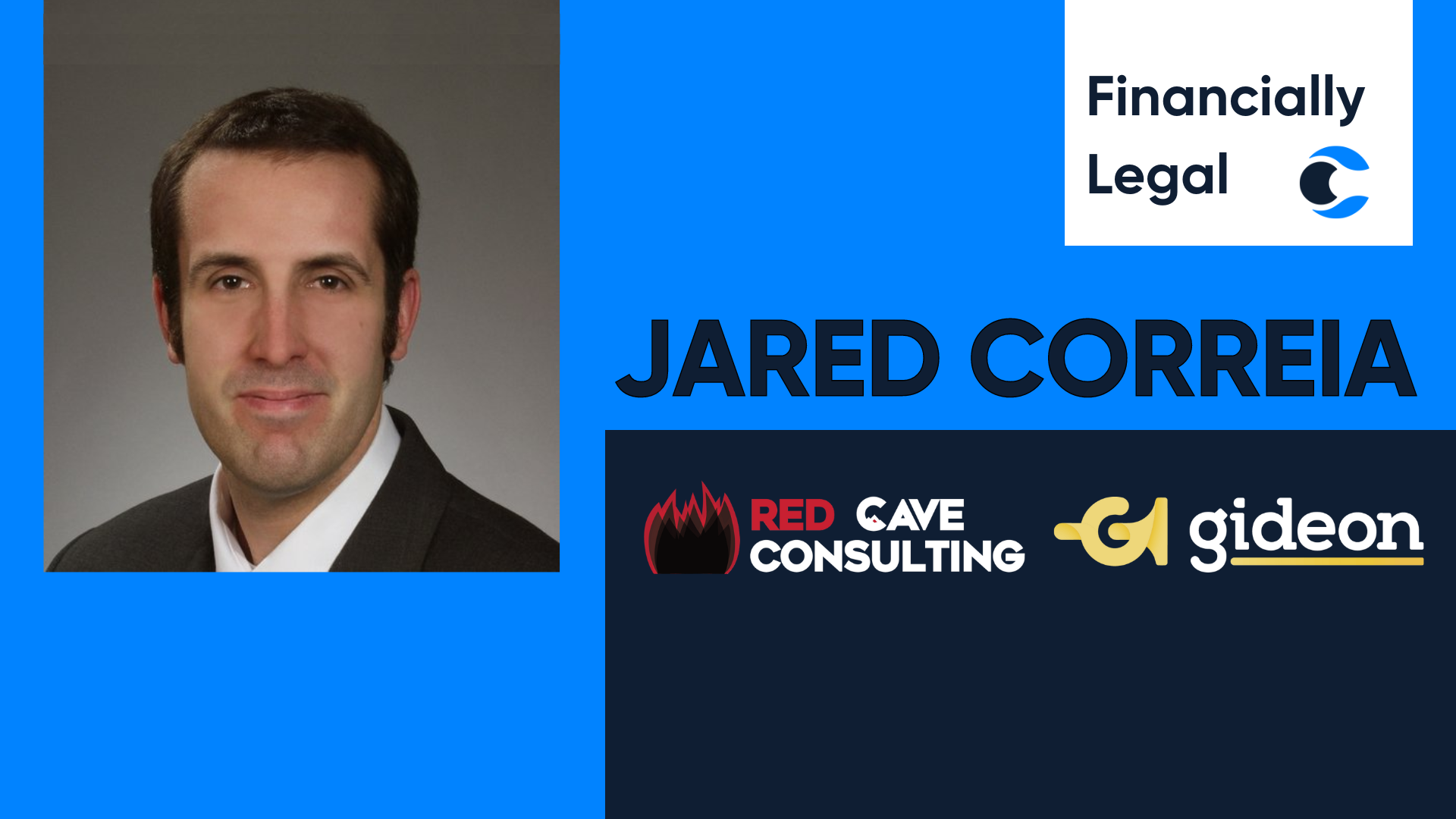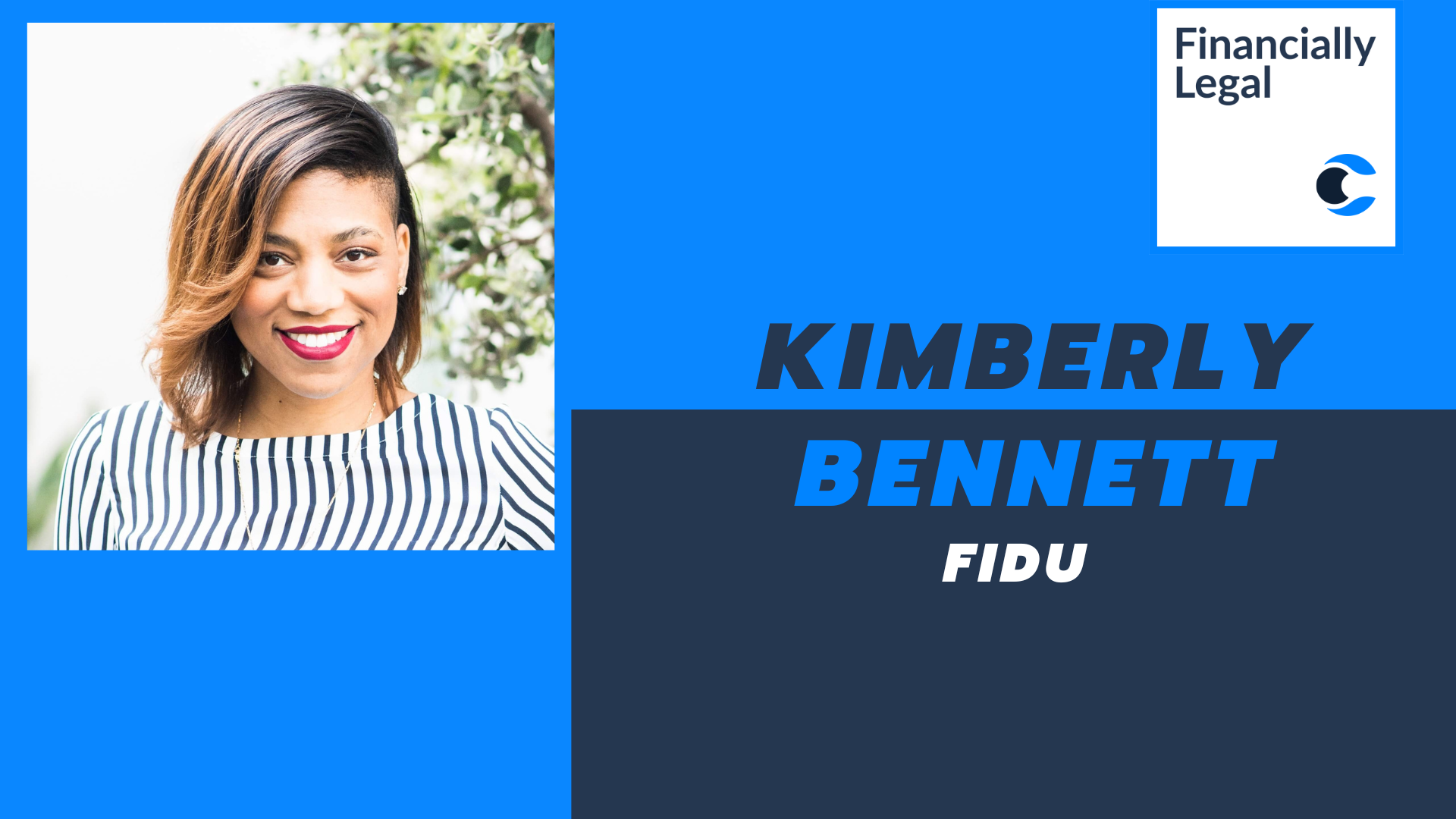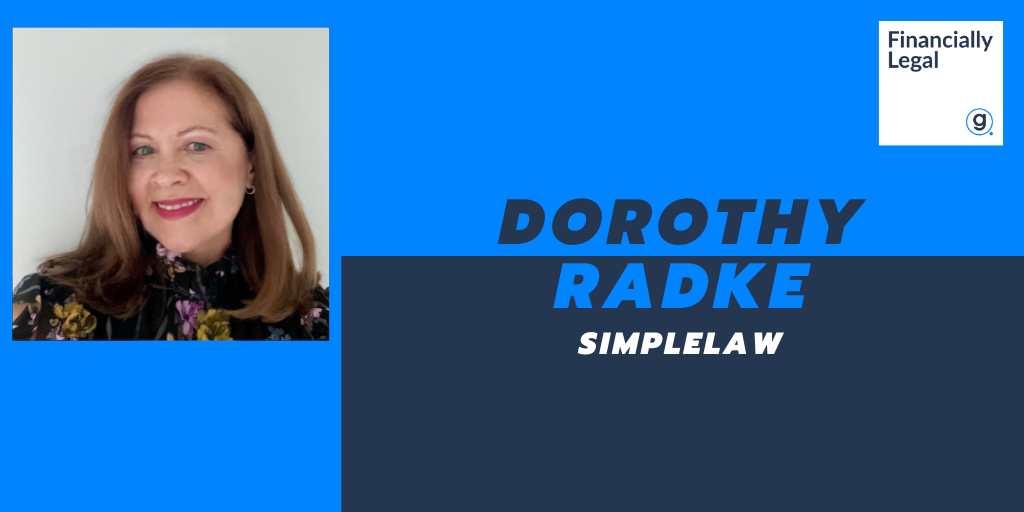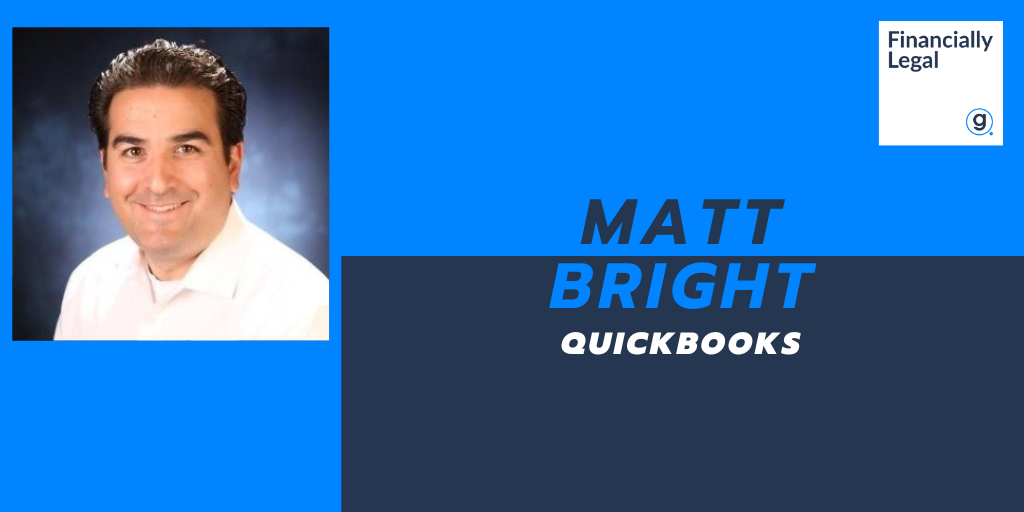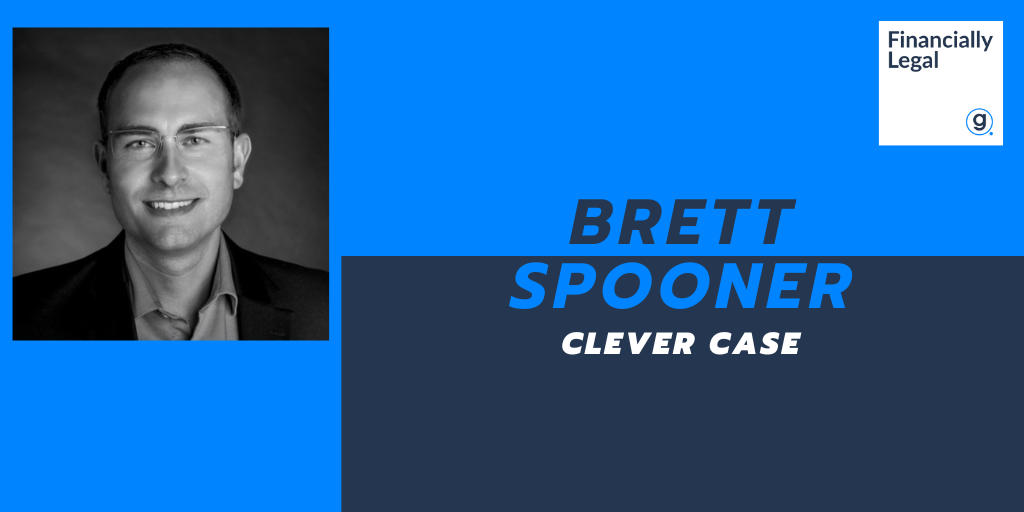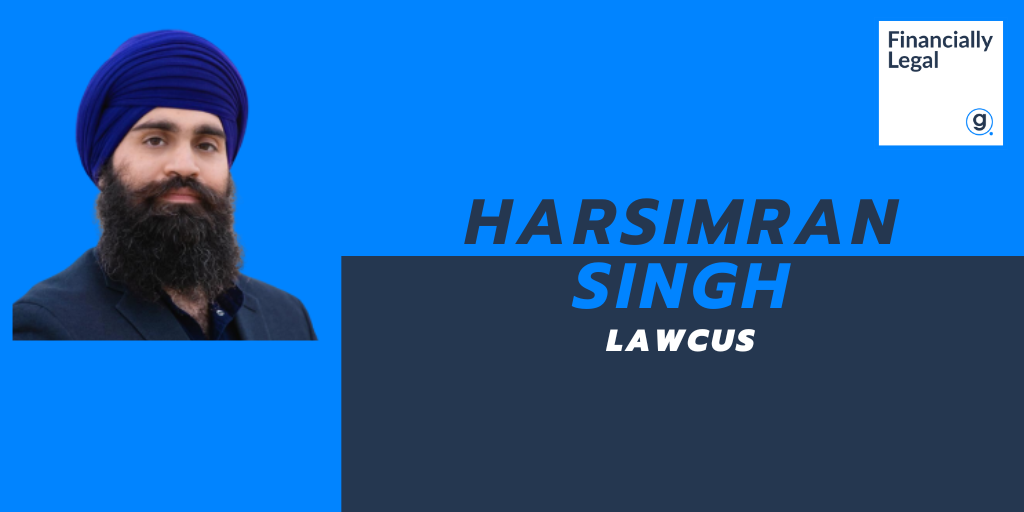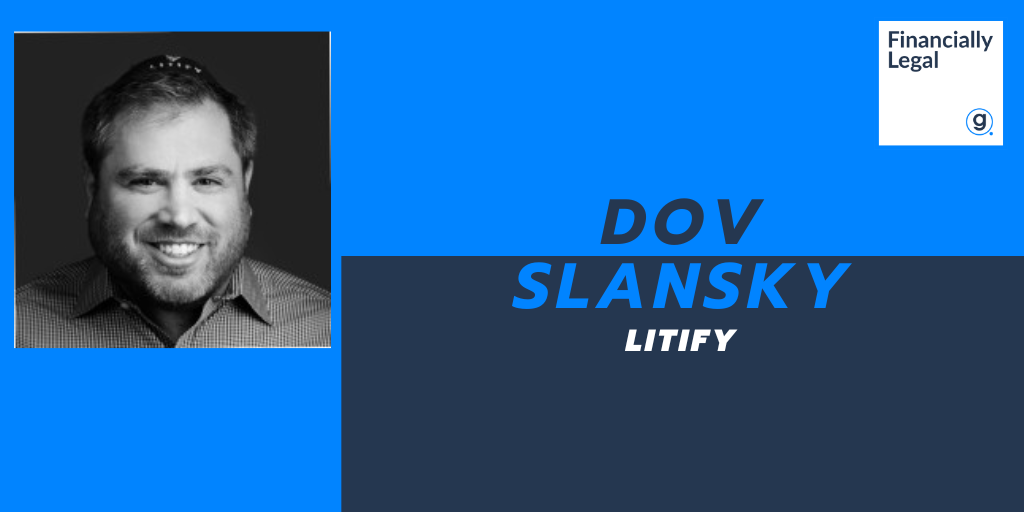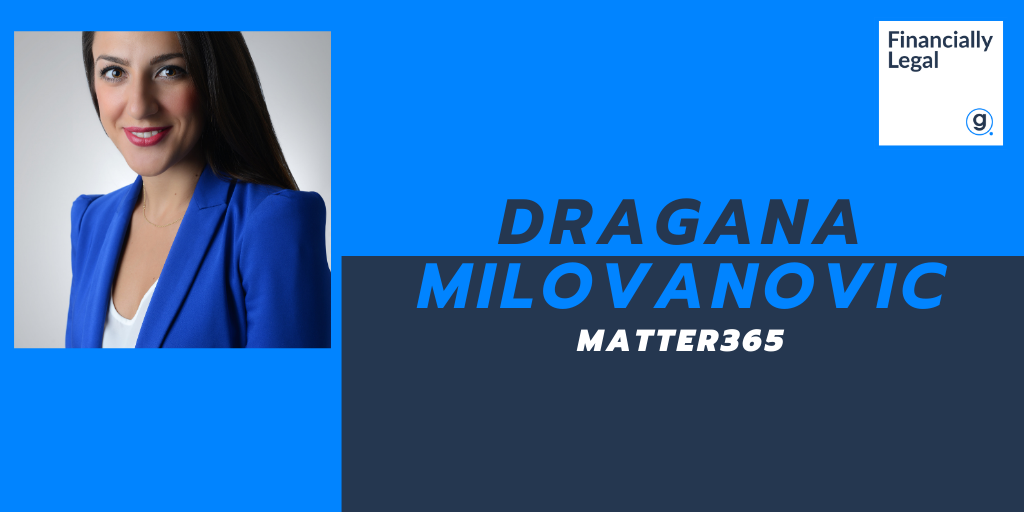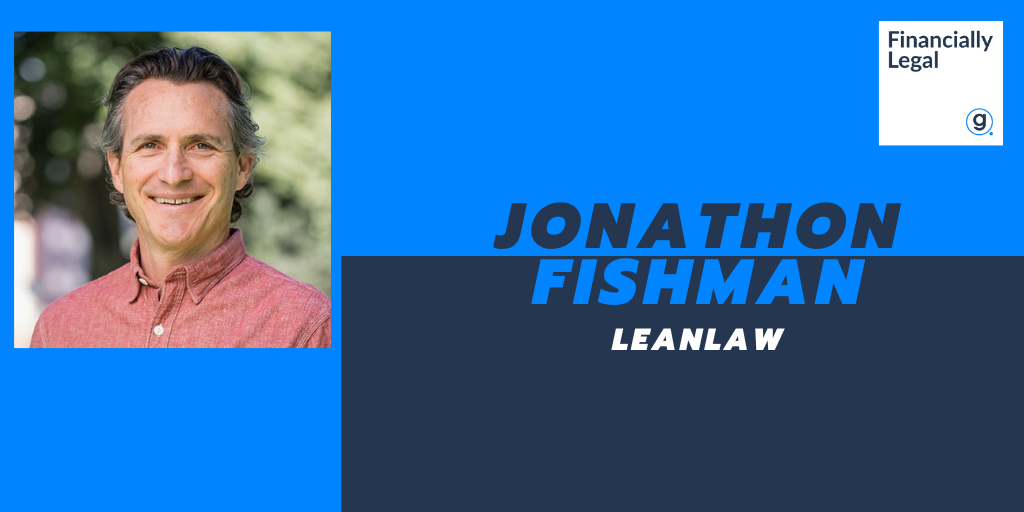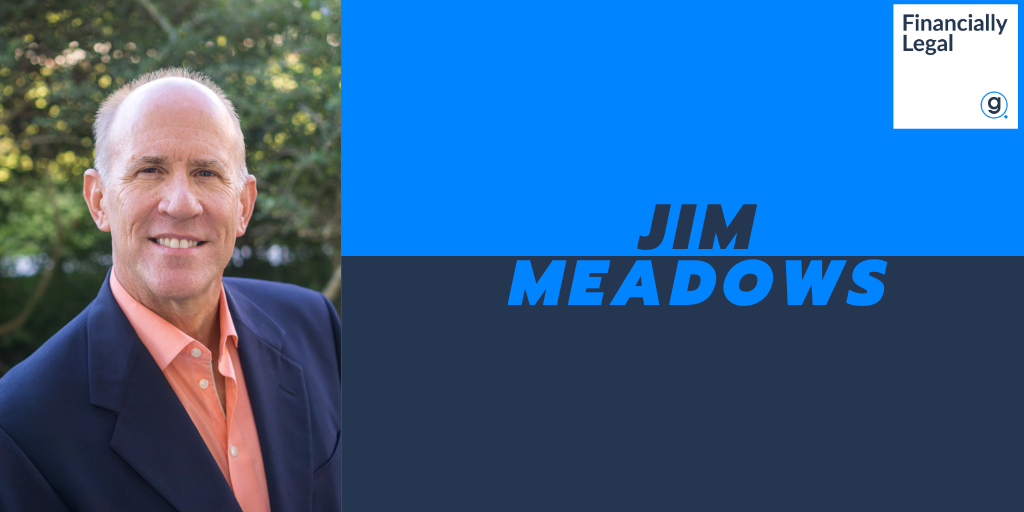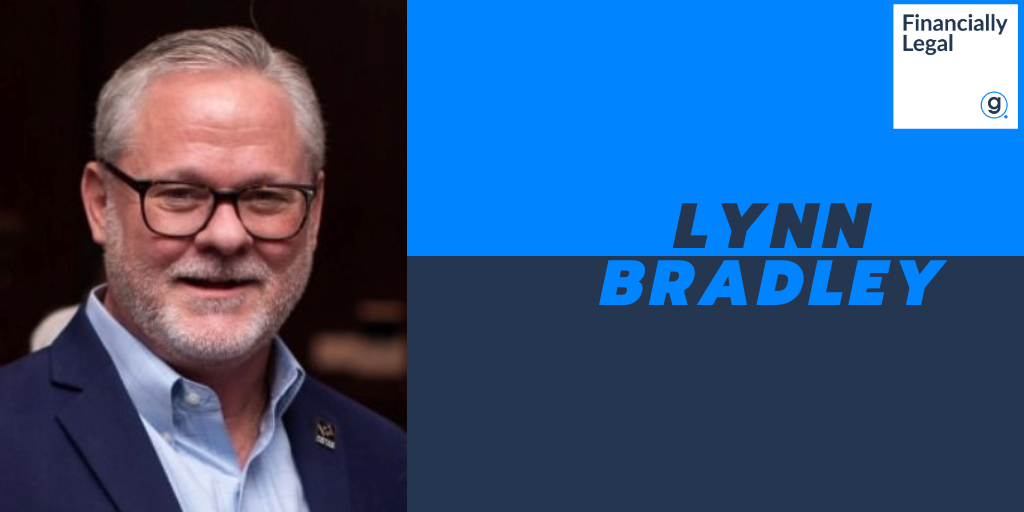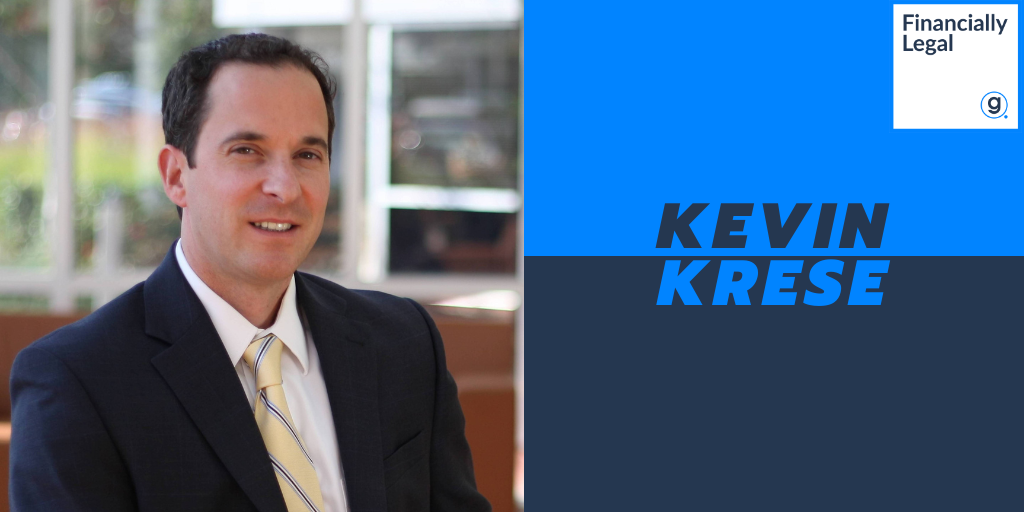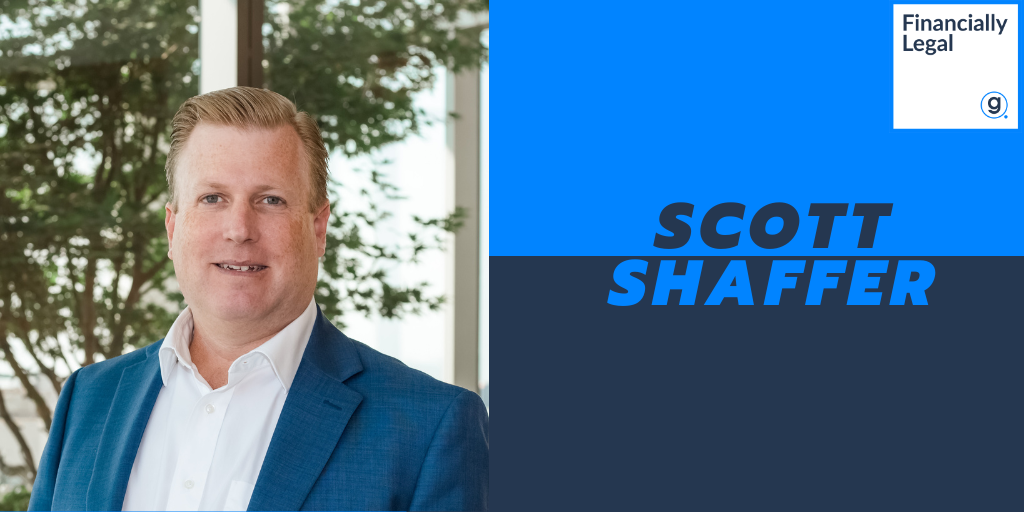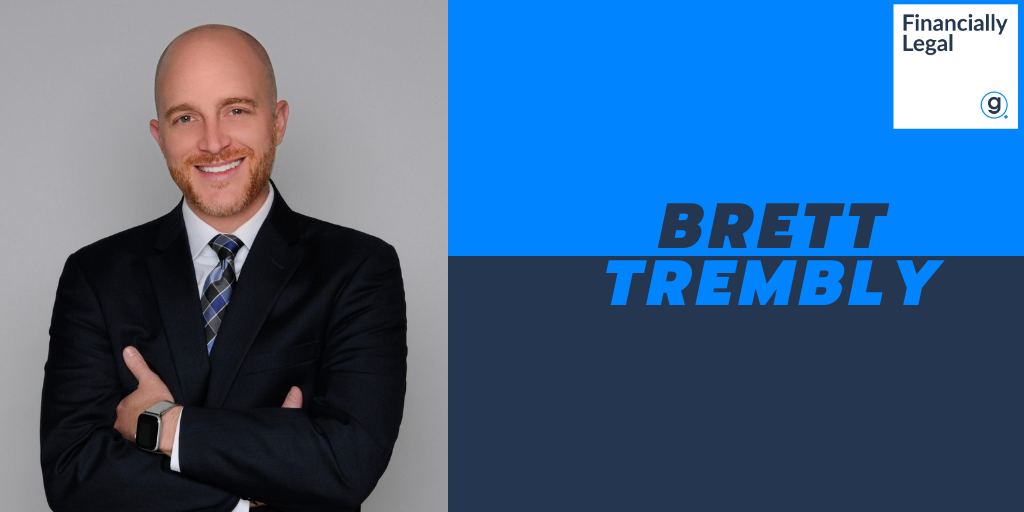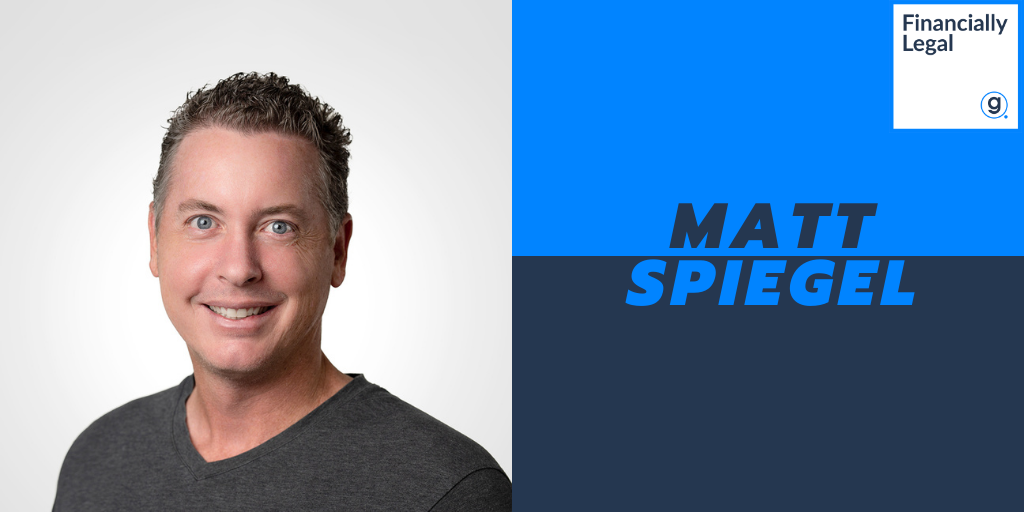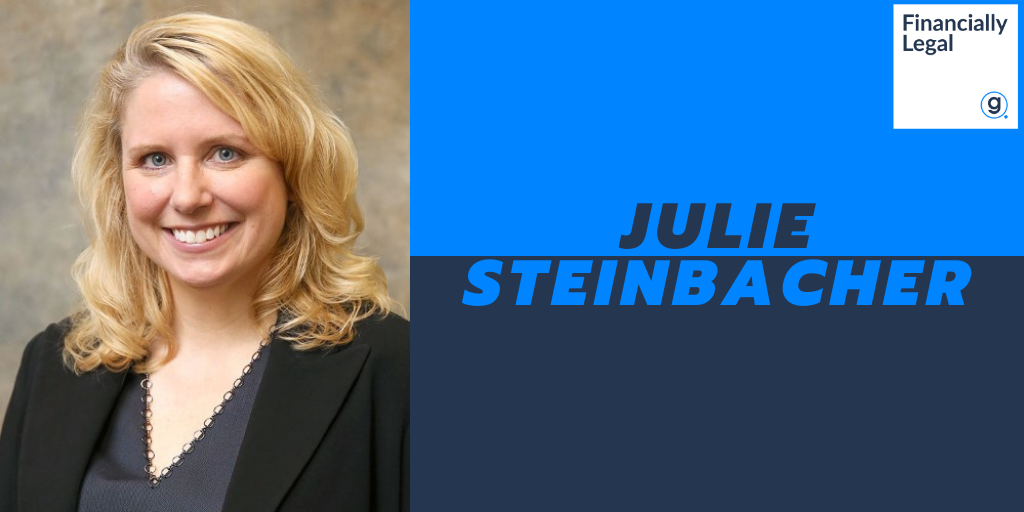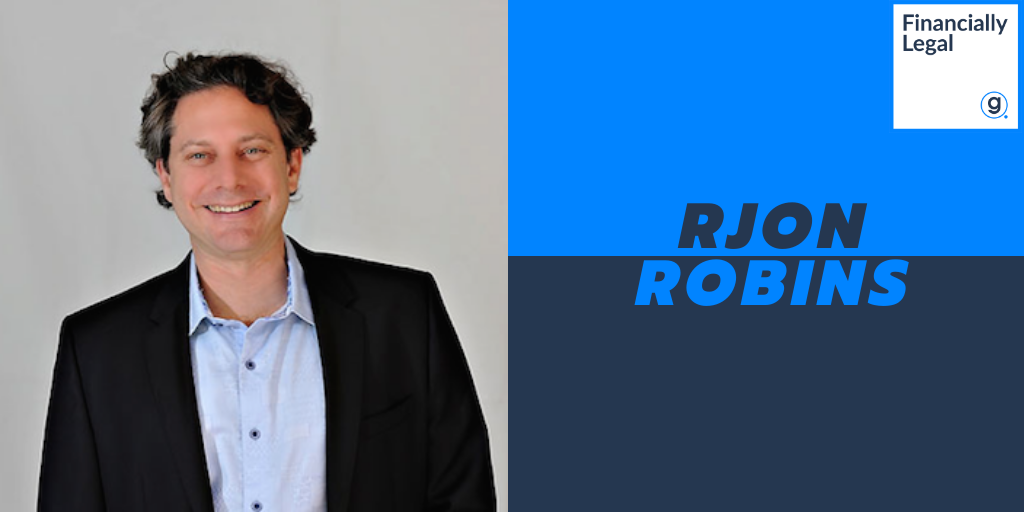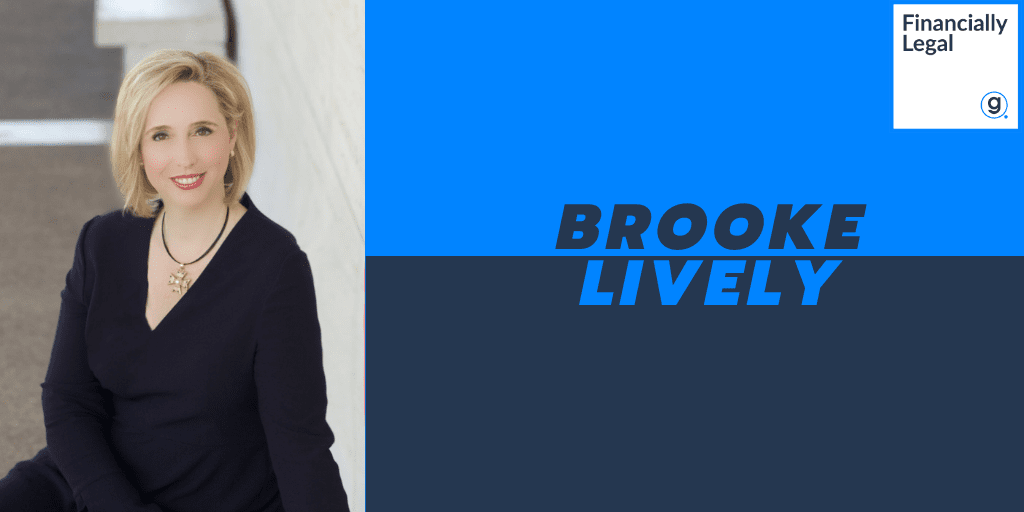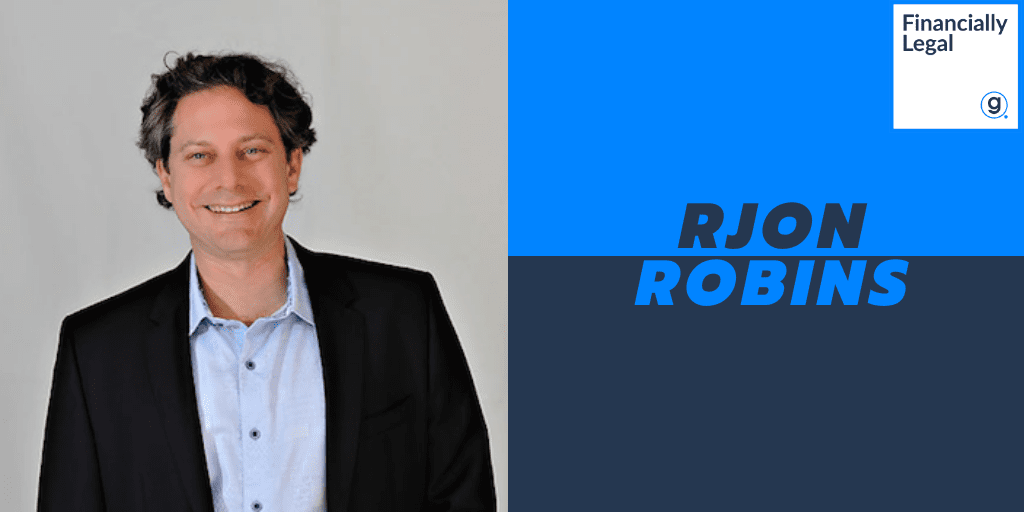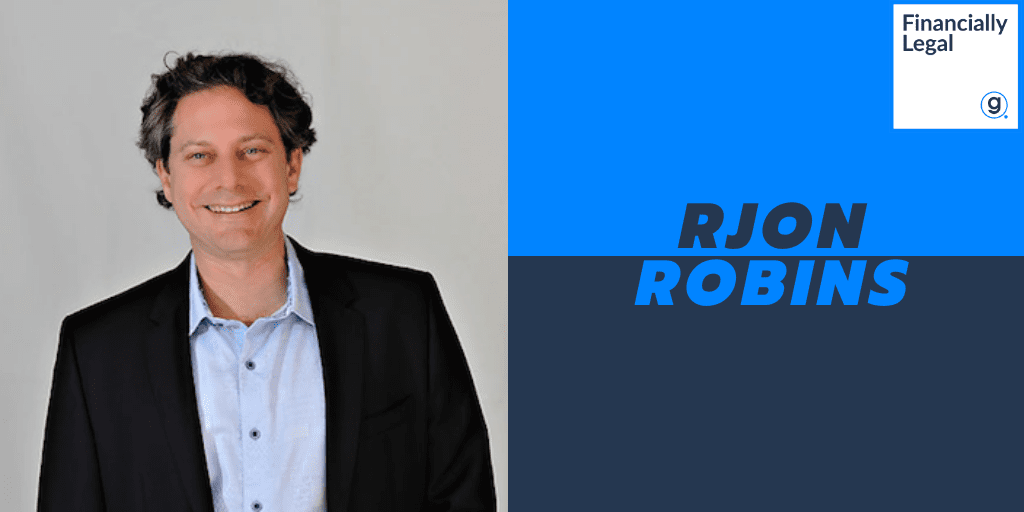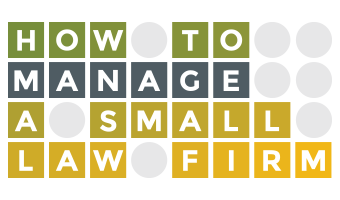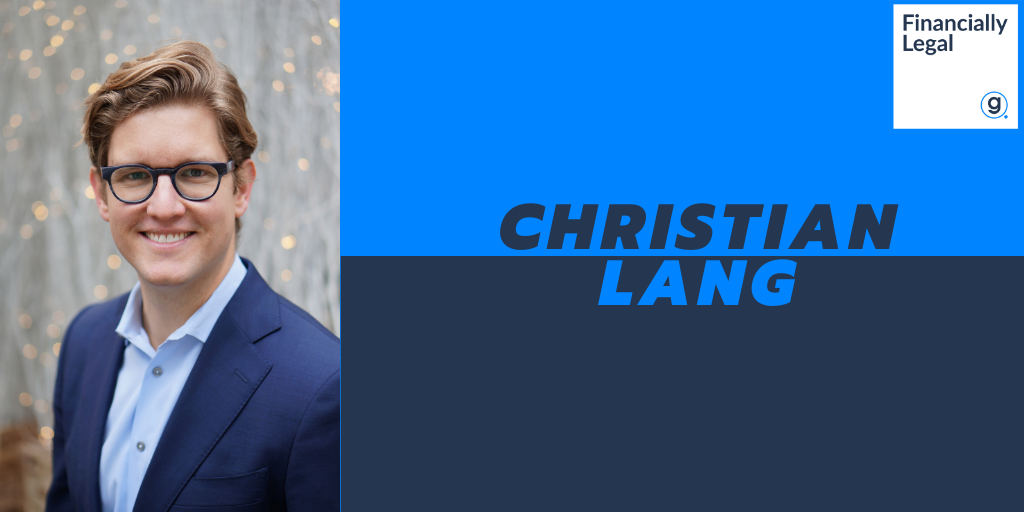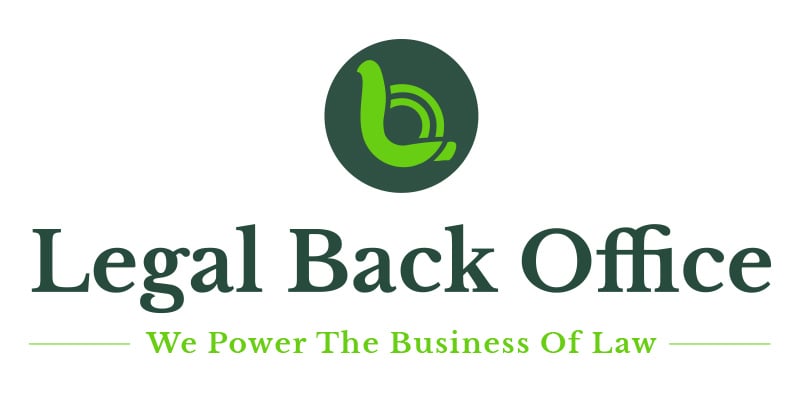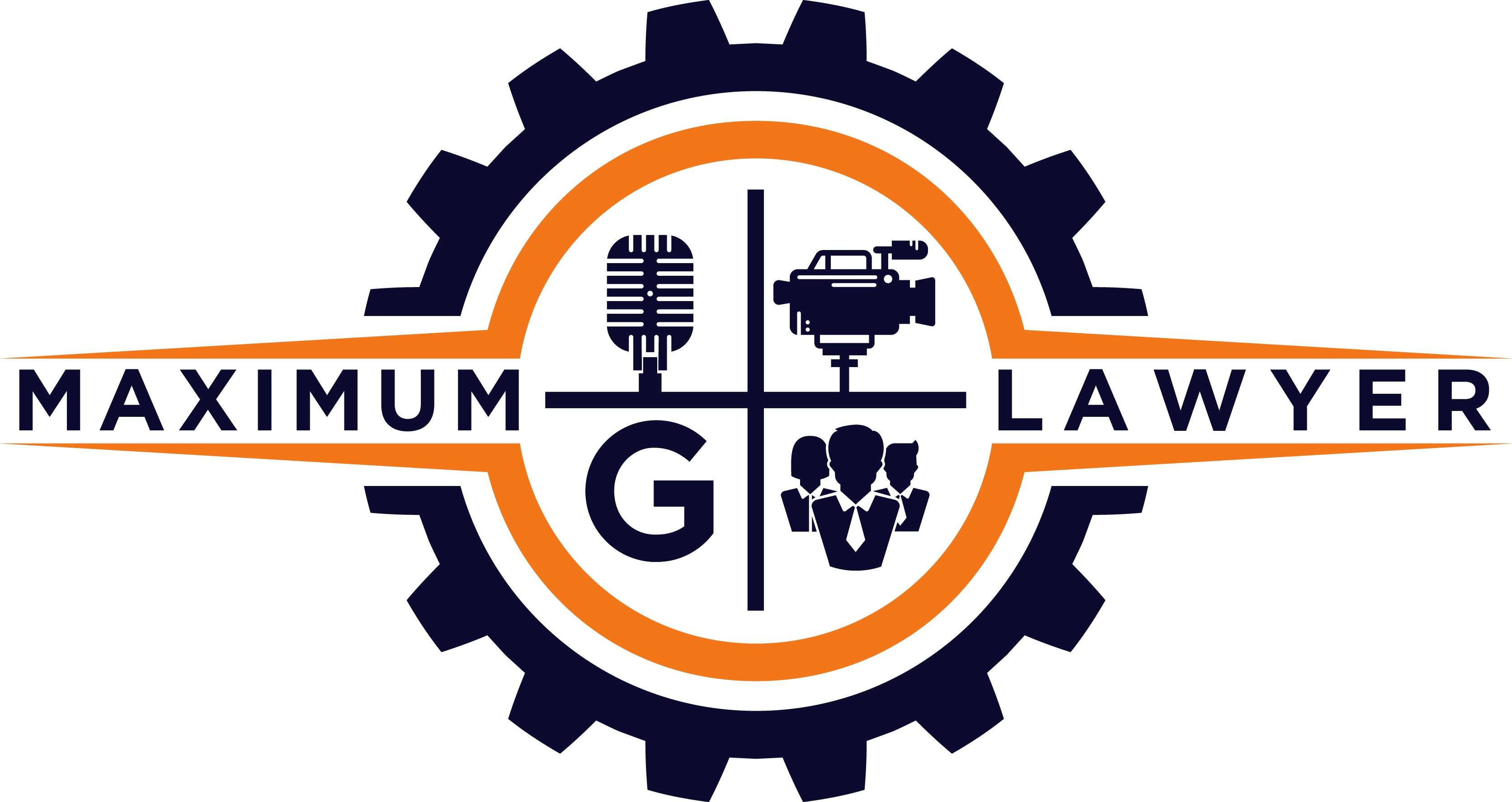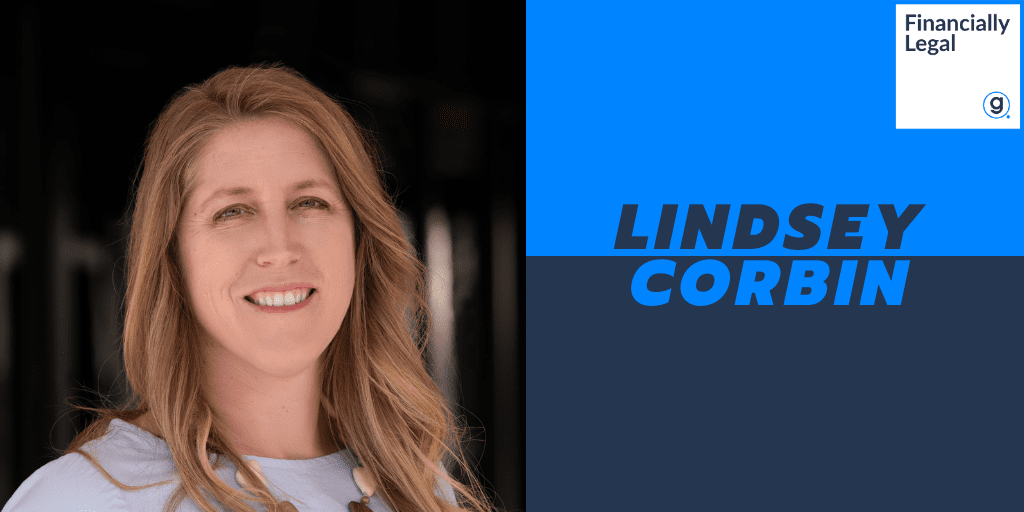In this special series focused on legal case management software, host Emery Wager explores various case management companies to help firms make informed decisions. In this episode, we welcomed Jared Correia to the first-ever live recording of Financially Legal. Jared, the CEO of Red Cave Consulting and the Cofounder of Gideon Software, shared his experience from helping thousands of law firms choose and successfully implement the right technology.
Jared and Emery covered strategies for selecting the right software, whether to use all-in-one systems vs. pulling together best-in-class systems, the future of AI in legal case management software, and the dangers associated with breakfast burritos and falling asleep at your desk. Read on for the episode highlights or watch the full episode here:
Read More
Topics:
Financially Legal Episodes,
Business of Law
In this special series focused on legal case management software, host Emery Wager explores various case management companies to help firms make informed decisions. In this episode, we welcome Kim Bennett back to the Financially Legal Podcast. Kim, the Cofounder of Fidu, shares insights into the innovative subscription legal services management platform that is reshaping the relationship between lawyers and clients.
Read More
Topics:
Financially Legal Episodes,
Business of Law
In this special series focused on legal case management software, host Dan Lear explores various case management companies to help firms make informed decisions. In the latest episode, Dan interviews Dorothy Radke, Director of Strategy and Marketing at SimpleLaw, a cloud-based case management software designed to streamline the complexities of running a law firm.
Read More
Topics:
Financially Legal Episodes,
Business of Law
In this special series focused on legal case management software, host Dan Lear explores various case management companies to help firms make informed decisions. In this episode, host Dan Lear discusses the world of QuickBooks, a cornerstone in both small business and small legal tech ecosystems. This episode features Matt Bright, a Senior Product Specialist at Intuit with 23 years of experience at the company. Together, they shed light on the various ways law firms leverage QuickBooks and how it can revolutionize their financial management.
Read More
Topics:
Financially Legal Episodes,
Business of Law
In this special series focused on legal case management software, host Dan Lear explores various case management companies to help firms make informed decisions. In this episode, we dive into the world of legal case management software with Clever Case, a tool designed by attorneys for attorneys. Host Dan Lear speaks with Brett Spooner, the CEO and founder of Gravis Law and the founder of Clever Case, to explore the features, target audience, and philosophy behind this innovative case management solution.
Read More
Topics:
Financially Legal Episodes,
Business of Law
In this special series focused on legal case management software, host Dan Lear explores various case management companies to help firms make informed decisions. In this episode, Dan speaks with Harsimran Singh, Founder and CEO of Lawcus. Lawcus offers a comprehensive solution, combining legal practice management, client relationship management (CRM), client intake, and no-code automation, all unified in a single platform.
Read More
Topics:
Financially Legal Episodes,
Business of Law
In this special series focused on legal case management software, host Dan Lear explores various case management companies to help firms make informed decisions. In this episode, Dan speaks with Dov Slansky, Vice President of Strategy and Innovation at Litify, a legal operating solution that helps law firms, in-house legal departments, and government agencies run smarter.
Read More
Topics:
Financially Legal Episodes,
Business of Law
In this special series focused on legal case management software, host Dan Lear explores various case management companies to help firms make informed decisions. In this episode, Dan speaks with Dragana Milovanovic from Matter365, a user friendly cloud solution that fully integrates all data from Microsoft Office 365 applications into a matter-centric environment. With powerful add on features and Microsoft 365 applications, Matter365 is one of the most comprehensive solutions on the market today.
Read More
Topics:
Financially Legal Episodes,
Business of Law
In this special series focused on legal case management software, host Dan Lear explores various case management companies to help firms make informed decisions. In this episode, Jonathon Fishman, CEO of LeanLaw, shares insights about their financial operating system designed for small to medium-sized law firms.
Read More
Topics:
Financially Legal Episodes,
Business of Law
How, if at all, do compensation, diversity, and transparency overlap? How can these competing priorities be reconciled? Jim Meadows from Culhane Meadows doesn’t have the perfect answer. But he’s giving it a solid try.
Read More
Topics:
Financially Legal Episodes,
Business of Law
Plaintiffs' lawyers are often bold, brash, larger-than-life characters with billboards, regular TV ads, and ambition to match.
But they're also visionary creatives. They excel at building something from nothing and carving out a new and unique path for legal professionals - often where no path existed before. But that creativity needs to be leavened with stability and more strategic thinking.
Read More
Topics:
Financially Legal Episodes,
Business of Law
Two episodes into our four-episode series with law firm CFOs one theme that's emerged is collections. Specifically, how much money lawyers and law firms leave on the table by failing to implement processes that ensure that the firm gets paid for the work it bills out.
Read More
Topics:
Financially Legal Episodes,
Business and Culture
One thing every law firm needs is money. And I don’t think that I’m going out on a limb suggesting that money and financial health are common elements across most successful firms. In this episode, the first of our series of interviews with law firm CFOs, we speak with Scott Shaffer of Winterfeld IP Group. We dig in with Scott on law firm collection rates, collection strategies, whether firms should refer clients to collections agencies, the firm’s tech stack and how it helps facilitate the firm getting paid, Scott's “most important financial metric,” and a bunch more.
Read More
Topics:
Financially Legal Episodes,
Business and Culture
What’s a lawyer doing running an offshore virtual staffing firm? Starting in 2011 Brett Trembly built a successful business law firm, Trembly Law Firm, in Miami, Florida. They now employ 30+ people and nearly a dozen lawyers.
Read More
Topics:
Financially Legal Episodes,
Business and Culture
On this special episode of Financially Legal, we’re announcing the launch of our integration with Lawmatics. Lawmatics is a Legal Intake Solution, Marketing Automation, and Law Firm CRM software all in one. Today they are announcing the launch of their time and billing module with Lawmatics payments powered by Confido Legal.
Read More
Topics:
Financially Legal Episodes,
Business and Culture
Why do lawyers struggle to get paid for the work that they do? Whether it’s the low collection rates that we see in the Clio Trends Report to lawyers offering too steep a discount, to lawyers refusing to sue their clients, and on and on, “Show me the money” is definitely not the #1 mantra for many of our fellow lawyers.
Read More
Topics:
Financially Legal Episodes,
Business and Culture
In this, the fourth and final installment of our discussions with RJon Robins on the seven essential parts of a law firm, we move to the 5th and 6th essential parts of a law firm: physical plant and financial metrics and controls. The topic of physical plant naturally brings up the question of “whither physical law firms in the time of COVID?” We also discuss how intellectual property may be the most significant way that you can add value to your law firm. We wrap with a discussion of financial metrics and controls and the one metric that you as a law firm should be tracking. We also take a detour and talk briefly about Joe Walsh.
Read More
Topics:
Financially Legal Episodes,
Business and Culture
Have you ever considered the role of profit in a law firm? No, I mean, really thought about what it is, why it exists, whether it should be a part of your firm, and/or how to grow it. If so, then this episode is for you.
Brooke Lively is the founder and CEO of Cathedral Capital. Her mission is simple: make law firms more profitable. And she’s written a book for lawyers all about it: From Panic to Profit.
Read More
Topics:
Financially Legal Episodes,
Business and Culture
In this, our third installment of our discussions with RJon Robins on the seven essential parts of a law firm, we explore the 3rd and 4th essential parts of a law firm: production and people. As a reminder, in episode #1 we discussed the seventh and final part of a successful law firm, the owner and in episode #2 we talked about sales and marketing.
Read More
Topics:
Financially Legal Episodes,
Business and Culture
In this, the second installment of our discussions with RJon Robins on the seven essential parts of a law firm, we dig in on the first and second essential parts of a law firm: sales and marketing. As a reminder, in interview #1 we discussed the seventh and final part of a successful law firm, the owner.
Read More
Topics:
Financially Legal Episodes,
Business and Culture
Is law a business or is it a profession? Are law firms like other businesses? Are they different? How different?
RJon Robins is the CEO and Founder of How To Manage a Small Law Firm, the largest provider of fractional executive (CEO, CFO, COO) services for small law firms in the country. I’ve known about How To Manage a Small Law Firm for a number of years. I first attended and spoke at one of their quarterly meetings a few years back, when I was working for Avvo. I’ve since attended a couple of other meetings and spent more time with RJon.
Read More
Topics:
Financially Legal Episodes,
Business and Culture
Small law firm owners may not be familiar with the terms "docker," "container," or "Kubernetes." They may even be a bit fuzzy on the definition of “the cloud.” But most firms know that, along with significant opportunities, new technologies often present security risks, interoperability challenges (will this system work with my other systems? And/or will my staff be open to using/willing to use this tech?) and, most relevant for the Financially Legal audience, significant costs in terms of time and money to vet, test, and deploy.
Read More
Topics:
Financially Legal Episodes,
Business and Culture
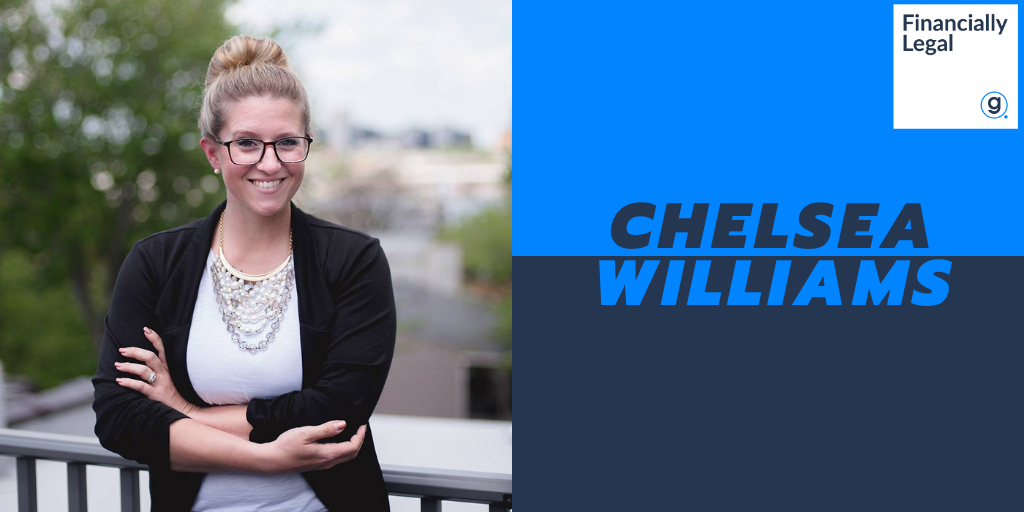
We all know the cliches and the tropes: Lawyers are terrible business people, lawyers went to law school to avoid math, law firms aren’t businesses, etc . . . .
Many of these statements are true in some pretty fundamental ways. But they’re also really damaging. Even if we take the most mission-driven do-goodery lawyer in private practice the simple facts remain that (a) they can’t help others if they, themselves, can’t survive financially, (b) they can’t help others very well if they’re constantly scrimping, saving, cutting corners, working late, and losing sleep due to financial issues, and (c) they’ll help more people with a larger law firm.
Superaccountant-to-law-firms extraordinaire, Chelsea Williams, has the remedy. Combining her dozen-plus years of accounting experience with the eye that she’s trained on legal in the form of her company, Core Solutions Group, Inc, which provides tax, accounting and cash management services exclusively for lawyers and law firms, Chelsea’s developed a course called “Law Firm Money Mastery” that’s designed to help all small firm lawyers - but particularly those just getting started up to those with $1M in annual revenue - to not only get their financial houses in order but to help them figure out how to make the money in their law firms work for them.
Read More
Topics:
Financially Legal Episodes,
Business and Culture
One of my lawyer mentors once told me “if you don’t like to sell, don’t be a CEO.” Many solo lawyers set out to make a difference or have an impact - not to be a CEO. But whether you want to call them CEOs or managing partners, or partners, or business owners - the fact remains that they are heads of their respective businesses - effectively, they are “CEOs.” And if you want to be a CEO, you need to get comfortable with selling.
Read More
Topics:
Financially Legal Episodes,
Business and Culture
What started as conversations between two friends - actually a law professor and his student - evolved into a movement. Maximum Lawyer boasts a 5000 member Facebook group, over 200 hours of podcast content, two sold-out conferences, a paid community, and a course to help lawyers and firms grow. Oh, and did I mention that the prof and his former student both have successful law firms in their own right? Jim Hacking, the law professor, and Tyson Mutrux, the former student, are the leaders of Maximum Lawyer. Listen on to hear how they're helping lawyers to build strong, resilient practices.
Read More
Topics:
Financially Legal Episodes,
Business and Culture,
Lawyer Communities
The founder of the Lawyerist website, Sam Glover, once told me that he started Lawyerist because he was mad at a practice management company and wanted a place to complain. He gave birth to a technology blog that’s morphed into a large and well-known online legal destination. But Lawyerist is way more than a website. Through freely available web content, its free-to-join Insider program, and the paid Lawyerist community, Lawyerist Lab, Lawyerist provides ongoing strategic and tactical advice to budding lawyer-entrepreneurs.
In this installment in our Lawyer Communities series (see a summary of the series and our broad takeaways here) we dig in to understand how all the pieces of the Lawyerist puzzle fit together and whether it’s a community you might want to be a part of.
Read More
Topics:
Financially Legal Episodes,
Business and Culture,
Lawyer Communities
If you’ve been even mildly paying attention over the last, well, year but even the last few years, you’ve watched as social media has become a challenging environment to navigate. And this comes from someone who is very bullish on technology in general and even social media in specific.
Read More
Topics:
Financially Legal Episodes,
Business and Culture,
Lawyer Communities
Here on Financially Legal we often focus on the nuts and bolts of finance and economics but, often, the biggest obstacles to economic and business success are not financial or even business-related but mental.
In this episode, we dive in on mindset - and we’re doing it with someone who thinks about this deeply - Allison Williams is a Business Coach for Solo Law Firm Owners at Law Firm Mentor. She’s also the CEO and Founder of a multimillion-dollar law firm, the Williams Law Group.
Read More
Topics:
Financially Legal Episodes,
Business and Culture,
Lawyer Communities
What if I told you there was a tool that could automatically increase your firm revenue by 1%? What about 2%? What about 3%? What about even half a percent? (if you’re not great at doing math on the fly, for a firm that grosses $1,000,000/year, one half a percent is $5000).
Read More
Topics:
Financially Legal Episodes,
Business and Culture
There’s probably no principle more important to growing and scaling a law firm than delegation. Whether it’s identifying the tasks that need to be done, teaching and coaching others to do them, or simply letting go, you’ll be hard-pressed to grow your legal business if you can’t delegate. If you’ve ever wondered how delegation might work in your firm and how to get started, this episode is for you.
Read More
Topics:
Financially Legal Episodes,
Business and Culture
